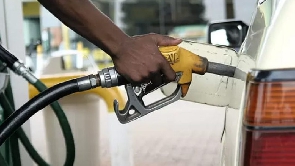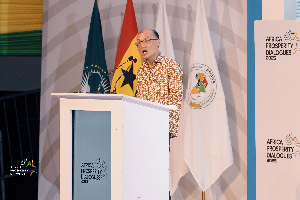The landing cost of petrol in Nigeria has dropped by 20.34% within the last 3 months, as per a report by the Nigerian newspaper, the Punch.
This unfortunately, has not been reflected in the retail cost of the product, which has gone from N617 per litre, to N1,060 per litre within the same time frame.
Some of the reasons for the increase in retail price despite the drop in landing cost, according to the Punch’s report includes; the ongoing deregulation of the fuel market, fluctuations in the exchange rate, rising inflation, and the broader economic challenges facing the country.
In August, oil marketers imported petrol at a price of N1,219 a litre, based on the benchmark Brent crude oil price of $80.72 per barrel and an exchange rate of N1,611 per dollar, according to data released by the Major Energies Marketers Association in its competence centre daily energy report.
During this time, the price of a liter of gasoline was N617. However, the product is currently selling for N1,060 at the Nigerian National Petroleum Company Limited retail station and N1,180 at stations owned by independent marketers.
This is notwithstanding the fact that the current estimated landing cost is N971.57, a benchmark Brent crude price of $75.57 per barrel, and an exchange rate of N1,665.84 per dollar.
According to the document, the landing cost had been decreasing since August before a slight increase in November.
The landing cost of petrol in August, as mentioned earlier, stood at N1,219, compared to a month later which was N945.63. By October, the landing cost had dropped to N903.64 per litre.
This anomaly is set to persist as another report by the Punch showed projections of a likely increase in the fuel price.
According to the report, analysts have predicted that Nigeria’s inflation would likely increase as a result of elevated fuel prices, currency depreciation, and flooding which disrupted agricultural activities.
Researchers at Cowry Assets Management Limited indicated that inflationary pressure will continue strong notwithstanding rate rises by the Monetary Policy Committee of the Central Bank of Nigeria and the government's zero-duty policy on selected food imports.
Watch the latest edition of BizTech below:
Click here to follow the GhanaWeb Business WhatsApp channel
Business News of Monday, 11 November 2024
Source: africa.businessinsider.com

















